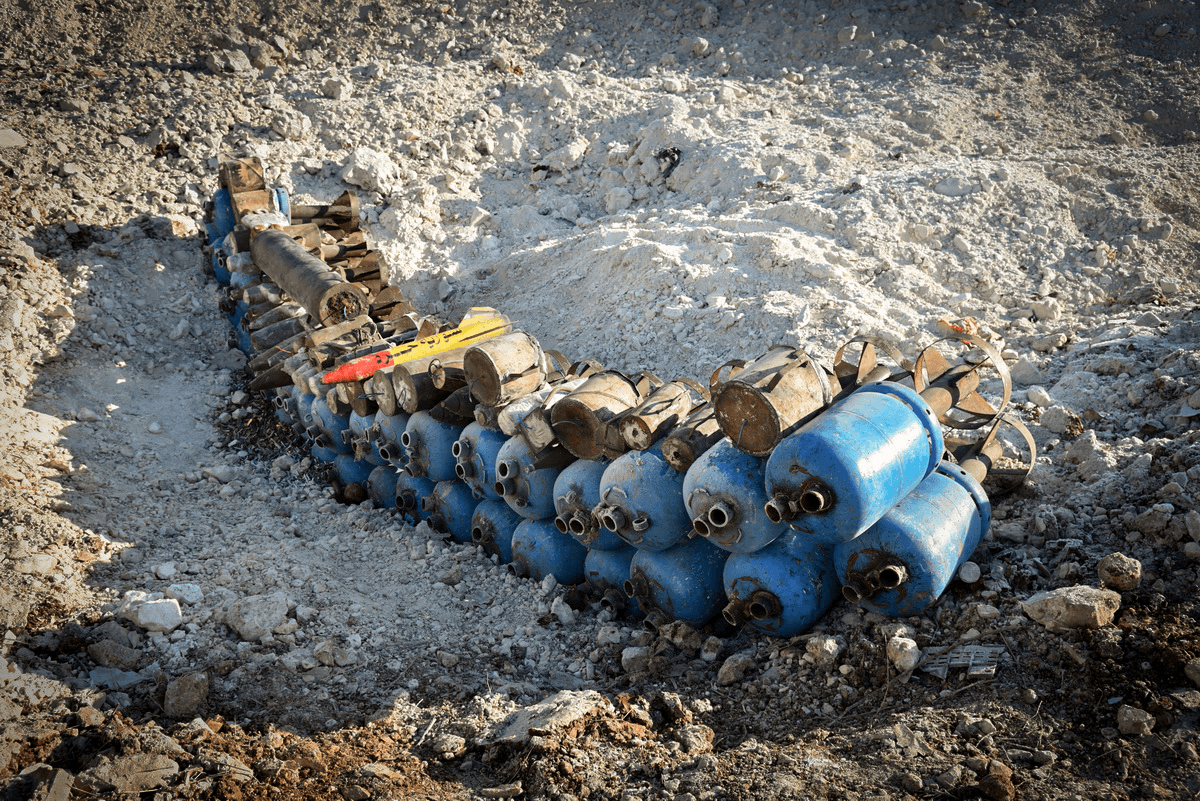On 16 August, the APPGs on the United Nations and on Global Security and Non-Proliferation held a joint meeting on the future of the Chemical Weapons Convention
At the meeting, the Minister of State for Defence, Earl Howe, recounted the UK’s successful diplomatic initiative to trigger a Special Session of the Conference of States Parties of Organisation for the Prohibition of Chemical Weapons (OPCW) leading ultimately to the adoption, among other things, of a mandate for the OPCW to attribute responsibility for chemical weapons attacks in Syria. Earl Howe emphasised the new OPCW attribution mechanism was needed in part as a consequence of stalemate in the Security Council, where Russia vetoed renewing the Council’s own investigative mechanism for chemical weapons use in Syria. Speaking of Conference’s proceedings, Earl Howe recounted the UK’s diplomatic efforts and Russia’s resistance to this, describing a “masterclass” of filibustering. The UK received 90 statements of support for calling the Conference, and 30 co-sponsors for its resolution. The final decision was adopted with 82 votes for, 24 against and 15 abstentions.
Director of Defence and International Security, FCO, Angus Lapsley, outlined a number of factors that contributed to the UK’s diplomatic success including the resolution’s focus on securing attribution powers for the case of Syria, the extensive support of key allies, and the FCO’s “pragmatic and flexible” diplomacy. Looking ahead, he noted that discussions of the OPCW’s mandate will continue in November after the new Director-General takes office, urged other states to pick up the mantle of strengthening the OPCW and ensure the organisation is sufficiently supported.
Finally, chemical weapons expert and UNA member Dr Richard Guthrie outlined a number of risks and challenges for the OPCW. He praised the initiative but questioned whether the outcome represented the “least worst” solution. He noted the difference between “attribution” and “accountability”, which many states remain nervous of. Dr Guthrie warned against pursuing short-term political solutions, as opposed to the long-term security issues. He concluded with hopes that this issue would continue to receive bipartisan support and discouraged political leaders from taking the opportunity to “grandstand”.
APPG Chair Lord Hannay thanked the speakers for their openness and expressed his hope that HMG Government would continue to report back to the APPGs in the future. The meeting concluded with a wide and varied discussion, covering themes including Security Council gridlock, states’ voting positions and future action to strengthen the OPCW.
Image: Mil.ru.

